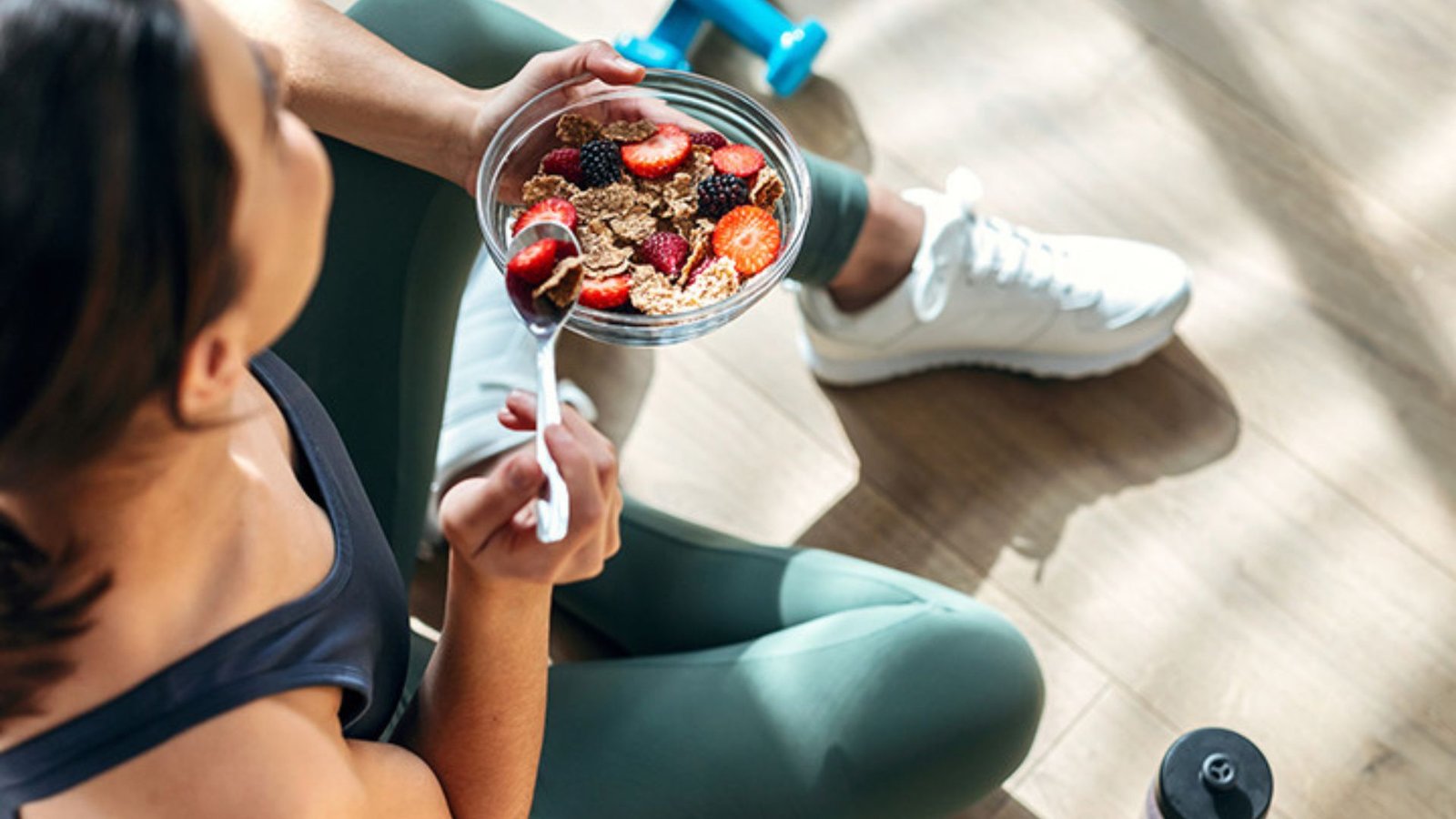Nutrition plays a vital role in an athlete’s performance. Eating the right foods helps improve strength, stamina, and overall health. In this article, we will explore important sports nutrition tips for athletes. These tips will help you fuel your body effectively, enhance your performance, and recover faster.

1. Focus on Balanced Meals
First, it’s essential to eat balanced meals. Each meal should include carbohydrates, proteins, and fats. Carbohydrates give you energy, while proteins help build and repair muscles. Fats are also important for long-lasting energy. For example, try having whole-grain pasta with grilled chicken and vegetables. This combination will provide all the nutrients you need.
2. Stay Hydrated
Next, staying hydrated is crucial for athletes. Water helps regulate body temperature and transport nutrients. Drink water before, during, and after your workouts. Additionally, consider using sports drinks for long training sessions. These drinks replace electrolytes lost through sweat. Remember, hydration is key to maintaining peak performance!
3. Timing Your Meals
Timing your meals can significantly impact your performance. Aim to eat a balanced meal 2-3 hours before exercising. This allows your body to digest the food and convert it into energy. Also, don’t forget to refuel after your workouts! Eating a snack rich in protein and carbohydrates within 30 minutes helps with recovery.
4. Include Nutrient-Dense Foods
Incorporate nutrient-dense foods into your diet. These foods provide more vitamins and minerals without excessive calories. For instance, fruits, vegetables, nuts, and seeds are great options. They supply essential nutrients that support your immune system and overall health. Snacking on almonds or having a smoothie with spinach and berries can boost your nutrient intake.
5. Experiment with Supplements
While a balanced diet is crucial, some athletes may benefit from supplements. For example, protein powder can help meet daily protein needs, especially after workouts. Creatine is another supplement that may enhance strength and muscle recovery. However, always consult a healthcare professional before starting any supplements.
6. Monitor Your Portions
Portion control is important for athletes. Eating too much or too little can affect your performance. Pay attention to your body’s hunger signals. Use smaller plates to help control portions. This simple trick can prevent overeating while ensuring you get the right amount of nutrients.
7. Plan Ahead
Planning your meals ahead of time can save you from unhealthy choices. Prepare meals and snacks for the week to stay on track. Keep healthy options available, such as fruits, nuts, and yogurt. Having nutritious foods ready will help you stick to your nutrition goals, especially during busy days.
8. Get Enough Rest
Rest is just as important as nutrition. Sleep helps your body recover and recharge. Aim for 7-9 hours of sleep each night to support your training and performance. A well-rested athlete can perform better, both physically and mentally. So, prioritize sleep as part of your overall sports nutrition strategy.
9. Listen to Your Body
Lastly, listen to your body. Every athlete has different nutritional needs. Pay attention to how different foods make you feel. If certain foods cause discomfort or fatigue, consider making changes to your diet. Tailoring your nutrition plan to your individual needs will optimize your performance.
Conclusion
In conclusion, following these sports nutrition tips can significantly impact your athletic performance. By focusing on balanced meals, staying hydrated, and timing your food intake, you can fuel your body effectively. Moreover, including nutrient-dense foods and planning will help you stay on track. Remember to listen to your body and prioritize rest for optimal performance. With the right nutrition, you can achieve your athletic goals!




